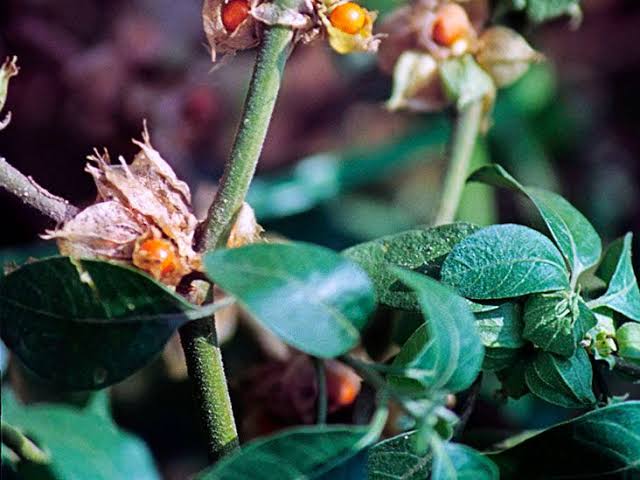 Image Source: Medical News Today
Image Source: Medical News Today
A comprehensive scientific review released today in Future Integrative Medicine has highlighted the increasing possibility of indigenous South Asian medicinal plants to treat memory loss and cognitive decline, particularly that of Alzheimer's disease and associated diseases. With the elderly population of the world increasing and neurocognitive disorders expected to afflict more than 150 million individuals by 2050, scientists are looking to the ancient Indian subcontinent's herbal medicines for solutions.
The study, conducted by a team of researchers from Pakistan, employed a two-step method: they browsed centuries-old South Asian medicine plant books to look for 13 plants traditionally employed to treat memory loss. Examples include Acorus calamus (sweet flag), Celastrus paniculatus (black oil plant), Withania somnifera (ashwagandha), Zingiber officinale (ginger), and Salvia officinalis (sage).
Secondly, the group searched systematically in medical databases to find out whether these traditional remedies had experimental evidence. To their amazement, 10 out of the 13 plants had published studies showing memory-improving effects. These are due to varied mechanisms:
Acetylcholinesterase Inhibition: Several herbs block enzymes that degrade acetylcholine, a neurotransmitter crucial to memory, in a way that mimics approved Alzheimer medications.
NMDA Receptor Modulation: Certain of the plants like Celastrus paniculatus and Zingiber officinale modulate NMDA receptors, like that of memantine.
Antioxidant and Anti-inflammatory Activities: Some plants provide neuroprotection by preventing oxidative stress and inflammation, both of which are at the core of neurodegeneration.
Multitargeted Activities: Acorus calamus and Withania somnifera are examples of plants with multiple mechanisms and combined therapeutic potential.
Of note, three of these plants—Panax ginseng, Salvia officinalis, and Withania somnifera—proved effective in human clinical trials, enhancing memory, cognitive performance, attention, and psychological well-being with acceptable safety profiles. While these encouraging results were obtained, the authors state that their study was based on published literature and not on direct interviews with traditional healers and that larger trials in humans must be done to determine optimal dosing and long-term safety. They suggest that future studies include ethnobotanical surveys and complete chemical analysis so the maximum potential of these ancient treatments can be realized.
While memory loss treatments using drugs continue to be expensive and at times inaccessible, these traditional herbal remedies could offer relatively affordable, culturally based options. By integrating such knowledge with contemporary medicine, more patient-centered, more holistic treatments for cognitive function could ensue.
Source: Mirage News
Advertisement
Advertisement







